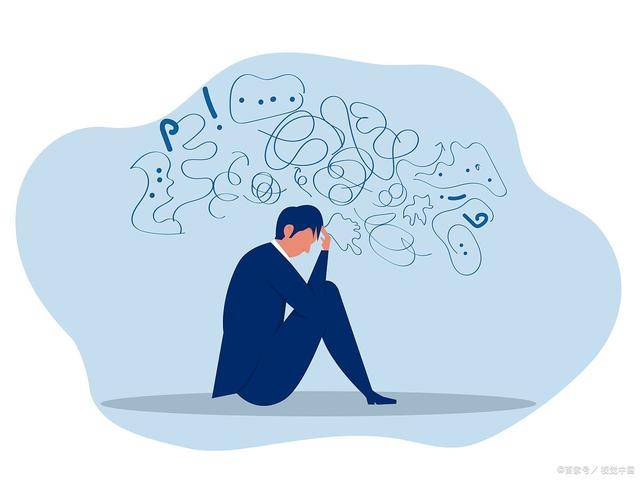Many people may encounter the problem of cleanliness and OCD in modern society, which not only affects individual mental health but may also lead to social phobia, decreased quality of life, and other chain reactions.
Facing such troubles, many people are eager to find solutions and regain a sense of freedom in their lives.
The impact of cleanliness and OCD on individuals is multifaceted, ranging from anxiety and restlessness to avoiding going out, and even to the inability to engage in normal social activities, these obstacles seriously disrupt people’s daily lives.
For example, some people are afraid of external contamination and dare not go out, and even refuse to interact with anyone other than family members. Behind this extreme self-protective behavior lies deep insecurity and fear.
To overcome such problems, the first step is to recognize the problem’s existence and be willing to face it.
Many people may not realize in the early stages that their behaviors have exceeded normal limits, or even if they do realize, they may not be willing to admit it, fearing that others will look at them with strange eyes.
However, the courage to take the first step is crucial, as it is the starting point on the road to recovery.
Next, professional psychological counseling and therapy are indispensable.
Through professional psychological assessments, individuals can understand their specific situations, including the types, severity, and possible causes of OCD symptoms.
Based on this, a psychologist will develop a personalized treatment plan according to individual circumstances, which may include cognitive-behavioral therapy, exposure therapy, etc.
For example, cognitive-behavioral therapy is a psychological treatment method that helps individuals identify and change negative thinking patterns.
For people with cleanliness and OCD, they often have irrational beliefs such as excessive worries and fear of pollution.
Through this method, they can help them gradually establish healthier thinking patterns and reduce unnecessary panic.
In addition to receiving professional psychological treatment, some small changes in daily life can also play a supportive role.
For example, gradually increasing the time and frequency of going out, starting from familiar environments, and slowly expanding the scope of exploration.
At the same time, cultivating one or two hobbies is also a good way to relieve stress, as it can distract attention from excessive focus on “cleanliness” or “order.”
Social support is equally important.
Understanding and support from family and friends can greatly enhance an individual’s confidence and motivation to overcome difficulties.
Joining self-help groups or online communities to exchange experiences with others who have gone through the same can also be an effective way to gain emotional support.
Of course, any change will not happen overnight.
There may be setbacks along the way, but what’s important is to remain patient and believe that you can gradually overcome challenges.
As one person who successfully emerged from the shadow of OCD said: “I hope that in the near future, I will no longer be plagued by cleanliness and OCD, have the courage to face the challenges in life that I intentionally hide, and live the life I want.” This statement echoes the sentiments of countless individuals and inspires everyone who is striving to bravely step towards a more liberated life.
Overcoming cleanliness and OCD is a process that requires time, patience, and methods.
With the right approach, coupled with persistent efforts, everyone has the chance to overcome these challenges, regain confidence and courage, and enjoy every moment in life.


